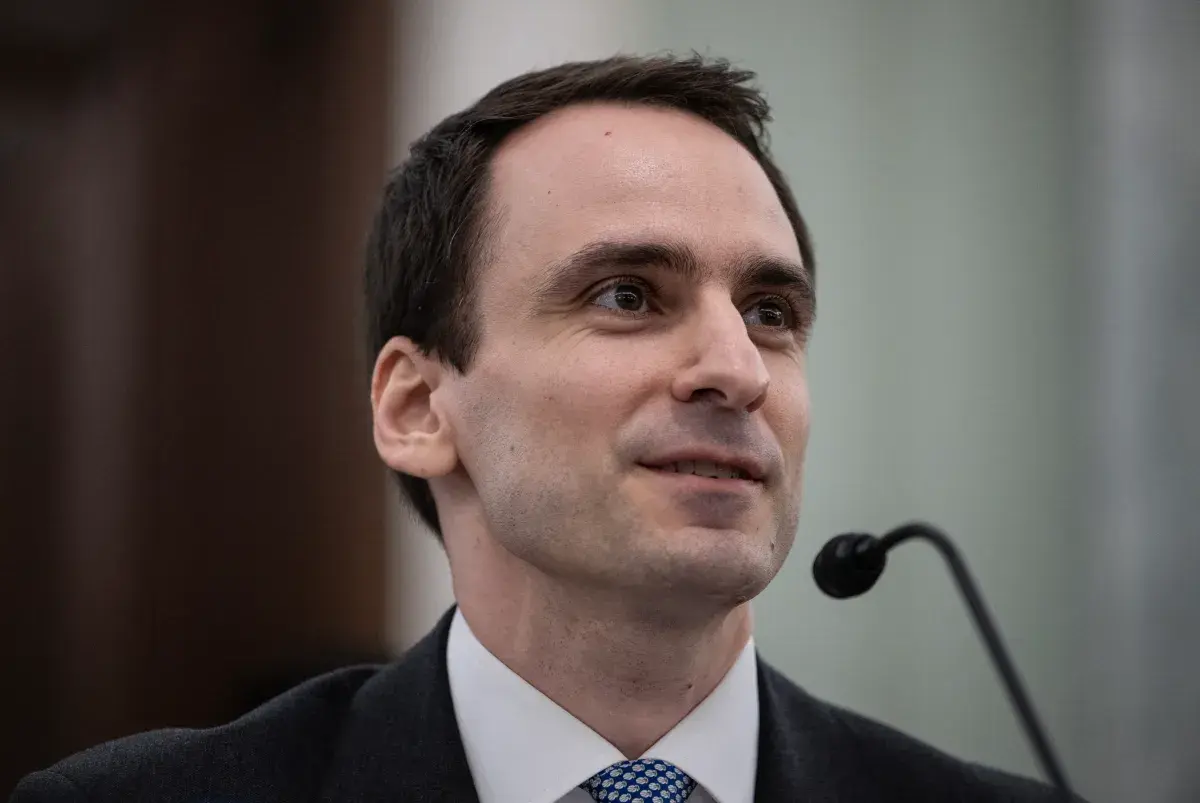Copyright Newsweek

The American Hospital Association (AHA) sent a letter to the U.S. Office of Science and Technology Policy (OSTP) on Monday asking for regulatory reform in its artificial intelligence (AI) policy. Why It Matters The letter from Ashley Thompson, the senior vice president of public policy analysis and development at AHA, notes that the health care industry spends more than $1 trillion annually on administrative tasks. Administrative burdens, she said, have contributed to the financial instability of many hospitals, forcing them to scale back or close. Therefore, the AHA is asking for "balanced, flexible policies” to reduce regulatory burdens that “hinder innovation and increase costs.” Enacting these reforms, as well as ensuring patient safety and data privacy, will boost innovation and improve care across the health system, the organization said. "The AHA applauds the administration’s recognition that overly restrictive regulations can increase costs, stifle innovation and hamper competition,” Thompson wrote in the letter. “Within the health care ecosystem, excessive regulatory and administrative burdens have added unnecessary cost and reduced patient access to care.” What To Know The AHA sent the letter on behalf of its nearly 5,000 member hospitals, health systems and other health care organizations, more than 270,000 physicians, two million nurses and 43,000 health care leaders. Congress established the OSTP in 1976 to advise the President and the Executive Office of the President (EOP) on science, engineering and technological aspects of national policy. The AHA letter is addressed to OSTP Director Michael Kratsios, who leads the White House efforts in critical and emerging technologies, like AI. The letter from AHA outlines four main recommendations for AI reform. First, it is asking to avoid redundancies by synchronizing AI policies within existing frameworks. “While AI policies should be elastic to keep pace with the rapid pace of innovation, they should also be synchronized and integrated within certain existing health care policy frameworks to minimize redundancies,” the letter states. Next, AHA is asking to remove regulatory barriers like fragmented privacy laws, updating HIPAA preemption provisions and removing remaining requirements under 42 CFR Part 2, that hinder access to important health information. The third recommendation is to ensure the safe and effective use of AI through clinician involvement and consistent standards for third-party vendors. “The AHA recommends policies that ensure clinicians are included in the decision loop for algorithms that may impact access to care or care delivery, policies that provide consistency in privacy and security standards for third-party vendors and policies that offer post-deployment standards for health care AI to ensure ongoing integrity of tools,” the letter states. Finally, the AHA is asking the office to address organizational and infrastructural factors by aligning necessary incentives and investments to expand AI access and literacy in health care. The AHA said inadequate reimbursement has left many hospitals without the resources to invest in the proper AI infrastructure and that ensuring appropriate reimbursement can support wider adoption of these tools and, ultimately, improve access to services. Additionally, the lack of access to broadband and reliable Wi-Fi and other digital tools in rural and underserved areas has been a barrier to AI expansion, the letter states. Thompson said this lack of infrastructure has contributed to the “digital divide” among patients and clinicians. “We encourage cross-agency collaboration to develop training and potential grant funding opportunities to support patient educational efforts on digital health tools,” she wrote. Earlier this year, the AHA wrote to government officials offering 100 ways the Trump administration could lessen the burden on hospitals and health systems. The recommendations included making all Center for Medicare and Medicaid models voluntary, repealing "outdated" COVID-19 reporting mandates and eliminating certain federal limitations on nurse practitioners and other advanced practice providers. Newsweek reached out to the American Hospital Association and the Office of Science and Technology Policy for comment.



